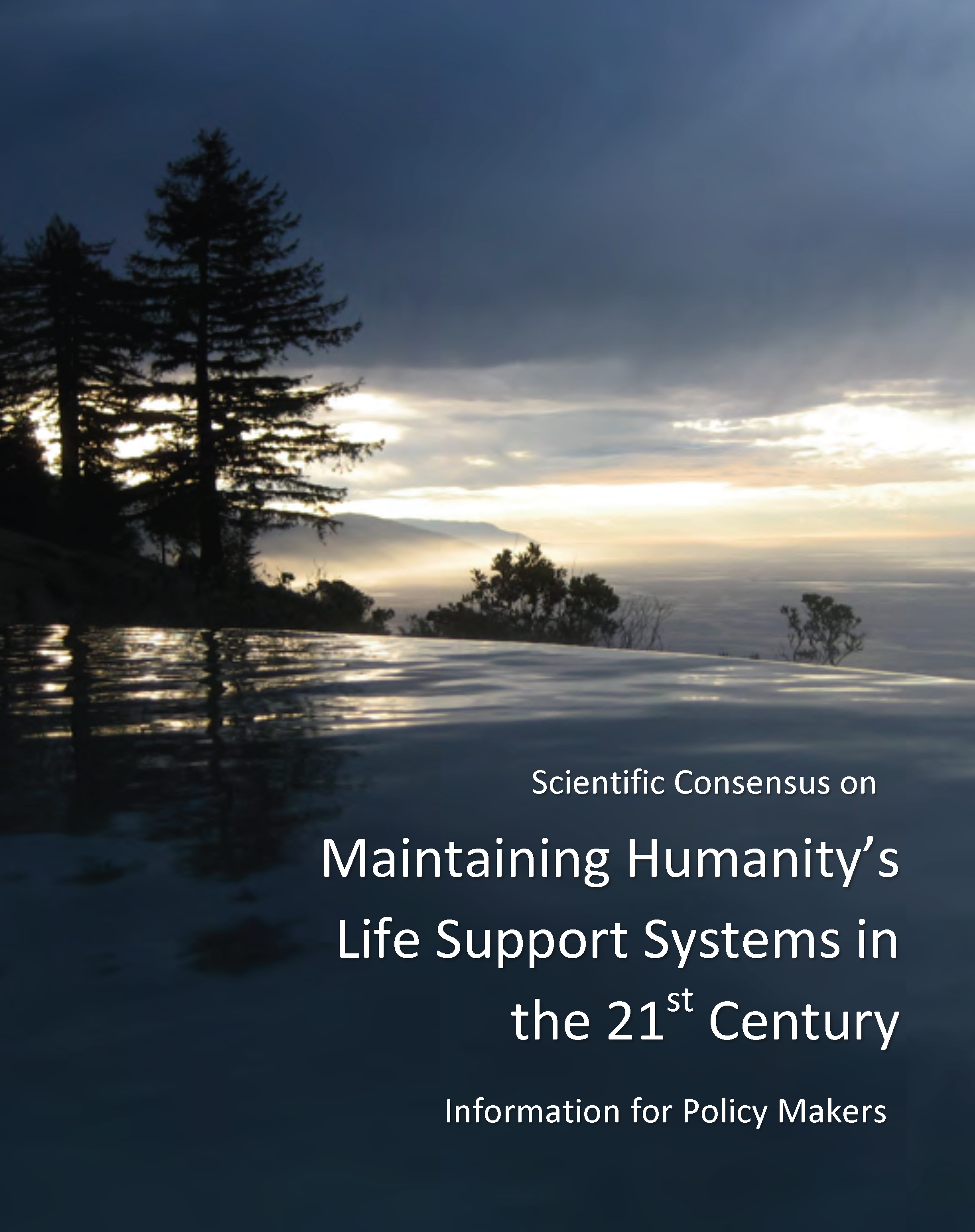A recent blog post by David Suzuki on the David Suzuki Foundation website brings attention to a couple new studies which add to the arsenal of those fighting for climate change mitigation policies. Among the evidence cited by Suzuki is a new study by the Millennium Alliance for Humanity and the Biosphere (MAHB) entitled, Scientific Consensus on Maintaining Humanity’s Life Support Systems in the 21st Century: Information for Policy Makers. The document was signed by over 2200 scientists from around the world and brings attention to five key global problems & potential solutions related to climate change that policy-makers must immediately start addressing. These five global problems are: climate disruption, extinctions, pollution, ecosystem transformation, and population growth and consumption.
Under ‘extinctions’, the report warns that if no action is taken, within three centuries we could see the loss of 75% of vertebrate species; currently 23,000 species are considered threatened. Since 1990, 30% of all vertebrate populations and 23% of plant species have died out. The report emphasizes that species extinctions lead to economic loss as 40% of the world’s economy and 80% of the needs of the poor are reliant on biological resources. Ecotourism, for instance, has become a major industry in countries like Kenya and Costa Rica. Extinctions also lead to a loss of ecosystem services, such as protecting agricultural soils, filtering drinking water, and controlling the spread of pathogens, etc., which would be hugely costly to replace. One solution put forward in the report is for governments to start considering the economic value of natural capital and ecosystem services. At the regional level, a good example of this is in New York City where natural landscapes are used for water filtration, making it the largest unfiltered water system in the U.S. According to the organization Riverkeeper, NYC has spent $1.5 billion on watershed protection strategies to date, whereas a filtration plant would cost approximately $8-12 billion to build and $350 million/year in maintenance.

Image retrieved from Millennium Alliance for Humanity and the Biosphere (MAHB).